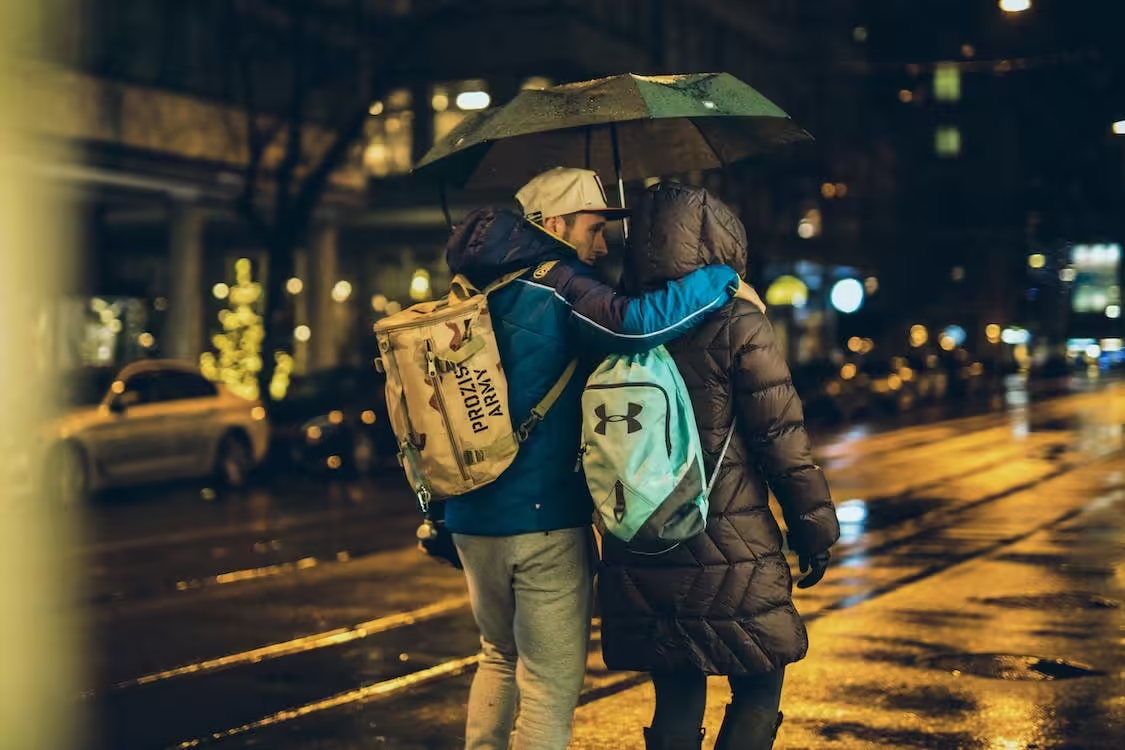Urban Survival Tactics: A Strategic Approach to City Preparedness
Urban environments present unique challenges that demand a specific set of skills and strategies for survival. Whether you’re a city dweller, a commuter, or an adventurer exploring urban spaces, mastering urban survival tactics is essential. Here’s a comprehensive guide to navigating the concrete jungle with confidence:
- Situational Awareness in the City: The foundation of urban survival is heightened situational awareness. Pay attention to your surroundings, stay alert to potential dangers, and be conscious of both pedestrian and vehicular traffic.
- Navigation Skills: Learn to navigate urban landscapes efficiently. Familiarize yourself with key landmarks, understand public transportation routes, and have backup navigation tools, such as maps or navigation apps, especially in areas with which you are less familiar.
- Adaptable Travel Routes: Have multiple routes for your daily commute and explore alternatives. Being able to adapt your route based on real-time factors like traffic, construction, or crowded areas enhances your ability to move efficiently.
- Urban First Aid and Medical Skills: Urban survival includes being prepared for medical emergencies. Learn basic first aid skills and consider taking a first aid course that addresses urban-specific scenarios, such as dealing with injuries in crowded places.
- Evasion and Escape Techniques: Understand evasion and escape techniques that are relevant to urban settings. This may involve knowing how to move through crowds effectively, escape from confined spaces, or find exits in crowded buildings.
- Urban Shelter and Safe Havens: Identify safe locations in urban areas, such as police stations, hospitals, or well-lit public spaces. Knowing where to find shelter or assistance during an emergency is crucial for urban survival.
- Self Defense in Close Quarters: Urban environments often involve close quarters. Learn self defense techniques that are effective in tight spaces, such as basic strikes, escapes from holds, and techniques to create distance from an assailant.
- Emergency Communication: Have a communication plan in place. Ensure your phone is charged, and keep a backup power source. Familiarize yourself with emergency numbers and local communication channels.
- Urban Foraging and Resourcefulness: Develop basic urban foraging skills, such as identifying edible plants and water sources in the city. Additionally, cultivate resourcefulness, being able to adapt and find solutions with limited resources.
- Digital Security: In urban environments, digital security is crucial. Be cautious of public Wi-Fi, use secure connections, and safeguard personal information to prevent cyber threats.
- Community Engagement: Connect with your urban community. Knowing your neighbors and being part of local networks can provide support during challenging times.
- Preparation for Urban Disasters: Be prepared for potential urban disasters such as power outages, extreme weather events, or civil unrest. Have an emergency kit that includes essentials like water, non-perishable food, and a flashlight.
Mastering urban survival tactics is about combining practical skills with a resilient mindset. By staying aware, adaptable, and prepared, you can confidently navigate the challenges of urban living and ensure your safety in diverse city environments.

